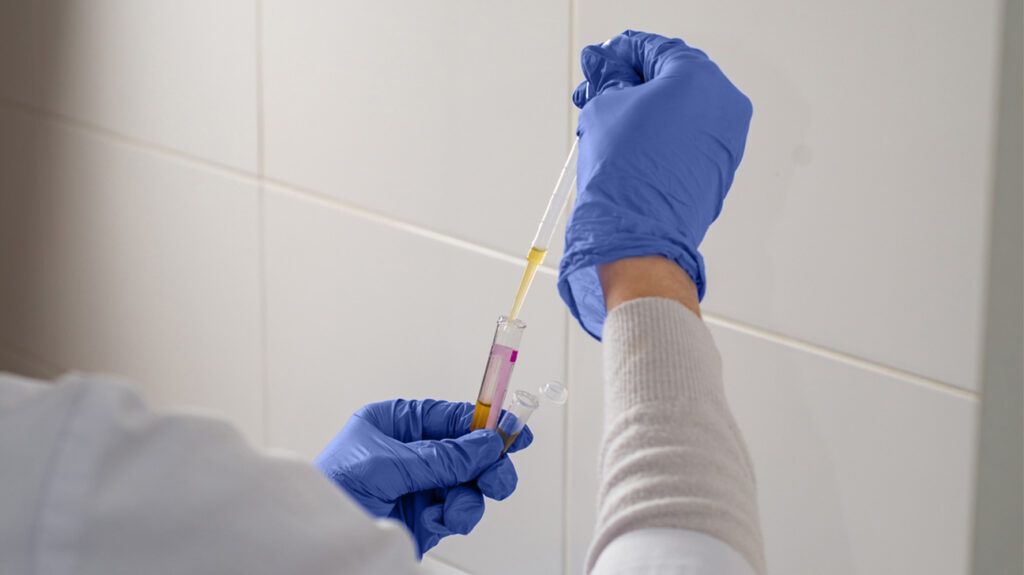New Blood Tests May Better Predict Heart Disease Risk than Traditional Cholesterol Checks

Enhanced Blood Testing for Heart Disease Risk

Recent research suggests that measuring apolipoprotein B particles and lipoprotein(a) levels could improve predicting coronary artery disease (CAD) risk beyond standard cholesterol tests.
Understanding Coronary Artery Disease
Coronary artery disease, caused by plaque buildup in heart arteries, can lead to heart attacks. The CDC emphasizes the importance of prevention and early detection.
Advances in Lipoprotein Testing
A study published in the European Heart Journal assessed how different lipoproteins relate to CAD risk. It found that the number of atherogenic particles marked by apolipoprotein B (apoB), which are present in LDL, VLDL, and IDL, are strong indicators of heart disease risk. Increases in apoB particles correlated with a significantly higher risk, independent of particle size or type.
Lipoprotein(a): An Independent Risk Factor
Higher levels of lipoprotein(a) remained associated with increased CAD risk even after adjusting for apoB. Researchers suggest that including Lp(a) testing could help identify high-risk individuals otherwise missed by standard lipid profiles.
Implications for Clinical Practice
Experts recommend routine measurement of apoB and Lp(a) for better risk assessment, especially in primary prevention. This may lead to earlier and more targeted interventions to reduce heart disease burden.
Study Limitations & Future Directions
The research, primarily involving healthier, middle-aged white participants, highlights the need for further studies across diverse populations. Future work should explore how very low-density lipoprotein levels impact CAD risk and evaluate the efficacy of therapies targeting Lp(a).
Conclusion
Incorporating apoB and lipoprotein(a) testing into routine practice could revolutionize how clinicians predict and prevent coronary artery disease, leading to more personalized cardiovascular care.
Stay Updated with Mia's Feed
Get the latest health & wellness insights delivered straight to your inbox.
Related Articles
Alcohol Withdrawal Therapy Promotes Positive Changes in Gut Microbiome
Alcohol withdrawal therapy induces positive changes in the gut microbiome, reducing cravings and inflammation, and offering new therapeutic approaches for alcohol use disorder.
Genetic Factors May Delay Diabetes Diagnosis in Black and Asian Men
A genetic condition called G6PD deficiency can delay diabetes diagnosis in Black and South Asian men by affecting blood test accuracy, increasing their risk of complications. Research calls for improved screening practices to address health disparities.
Nobel Laureate Warns of Risks of Political Interference in US Vaccine Approvals
Nobel laureate Drew Weissman warns that political interference and vaccine skepticism could block crucial vaccine approvals in the US, threatening public health progress.
New Study Connects Pesticide Exposure to Increased Mortality in Children
A groundbreaking study links prenatal pesticide exposure to higher mortality risk in children with leukemia, highlighting the urgent need to reduce environmental toxicants affecting children's health.



